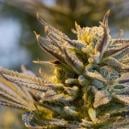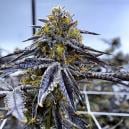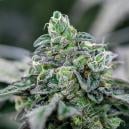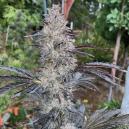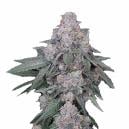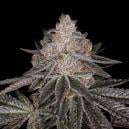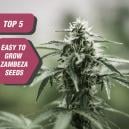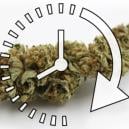Does The Rise Of Cannabis Signal The Downfall Of Alcohol?
Published :
Oct 29, 2018
Categories :
Cannabis news
• Medical cannabis
• Other subjects

Billions are being invested in the cannabusiness, with an expectation that the industry will be huge. In places where cannabis has been legalized, the alcohol industry has already felt an impact. What can alcohol do to compete with the excitement around weed freed at last?
More and more countries around the world are moving toward legalizing cannabis. This has opened up huge opportunities for the global "cannabusiness". An industry is now in place for providing cannabis for medical and recreational use. Every aspect of this industry—from seed to point of sale—has great potential for job creation. There are already billions in investments pouring in, despite it still being considered a legal grey area by international finance. Most of the industry's transactions thus far have been conducted through cash or cryptocurrency.
There is building excitement for the industry, however, with Canada legalizing cannabis this year. This could be the first domino in a chain reaction of other countries legitimising cannabis commerce. If cannabis becomes as popular as expected, the alcohol industry will be facing a major competitor for the first time. Many of the social benefits of alcohol can be provided by cannabis, and with far fewer health risks. As such, consumers may start choosing herb over booze. Let’s look at if and how the alcohol industry can do anything about it.
WHY CHOOSE CANNABIS OVER ALCOHOL?
It's hard to know where to begin in the discussion of how much healthier cannabis is than alcohol. When it comes to diseases linked to alcohol use, there are too many to mention. In certain contexts, cannabis has specific medical benefits as well as general therapeutic benefits. Known applications for the herb include soothing nausea, anxiety, muscle tension, and sleep problems. There are so many different sensations cannabis can produce in a person. Alcohol tends to act as a depressant, potentially exacerbating depression symptoms. It also amplifies aggression, clumsiness, and impulsive decision-making, whereas cannabis users tend to get more cautious when high. Getting high may make you impulsive about food choices if you have a bad case of the munchies, but at least cannabis doesn't directly add calories—unlike alcohol.
In a recreational context, alcohol and cannabis are often used together, even though that's not advisable from a medical standpoint. Most jurisdictions that allow some form of cannabis commerce don't allow cannabis and alcohol to be sold in the same place. This division in the market reinforces the distinction in the consumer's mind. Since it's not healthy to mix the two, and disposable income can vary wildly, consumers may start leaning toward either alcohol or cannabis. And if society is increasingly health-conscious, more people may start choosing cannabis exclusively if there is a legal market for it.
WHY IS CANNABIS DISRUPTING ALCOHOL?
Interestingly, individuals with more disposable income seemed to be a boon to the early days of the cannabis industry. Although cannabis certainly appeals to the younger generation, it is actually financially stable professionals in their 40s who are the biggest consumers of cannabis in the US. This is according to research from BDS Analytics. This is particularly bad news for the alcohol industry as people in their 40s also tend to love wine. If, however, they start choosing cannabis as an alternative, this will create a dent in a key market for the alcohol industry.
Canada will be the country to watch to see how the alcohol industry is affected by comprehensive weed legalization. The Canadian bank CIBC predicts that as early as 2020, the Canadian cannabis industry will be worth $6.5 billion. In 2017, Canadians spent $5.1 billion on liquor. So within a short space of time, cannabis has a lot of potential to disrupt alcohol. The novelty of cannabis will provide room for innovations in the coming years. We're all quite familiar with alcohol, so its dominance starts to diminish when the alternative of cannabis becomes available.
If we were even to take data of restricted medical cannabis use, we can see that alcohol takes a hit wherever cannabis laws are liberalised. Data from 2006–2015 of US counties where medical cannabis was available have been analysed by researchers from the University of Connecticut and the State University of Georgia. They concluded that alcohol sales dropped by 13% in these counties. How much bigger would such a drop be in places with recreational cannabis? This is a reckoning the alcohol industry will soon have to address.
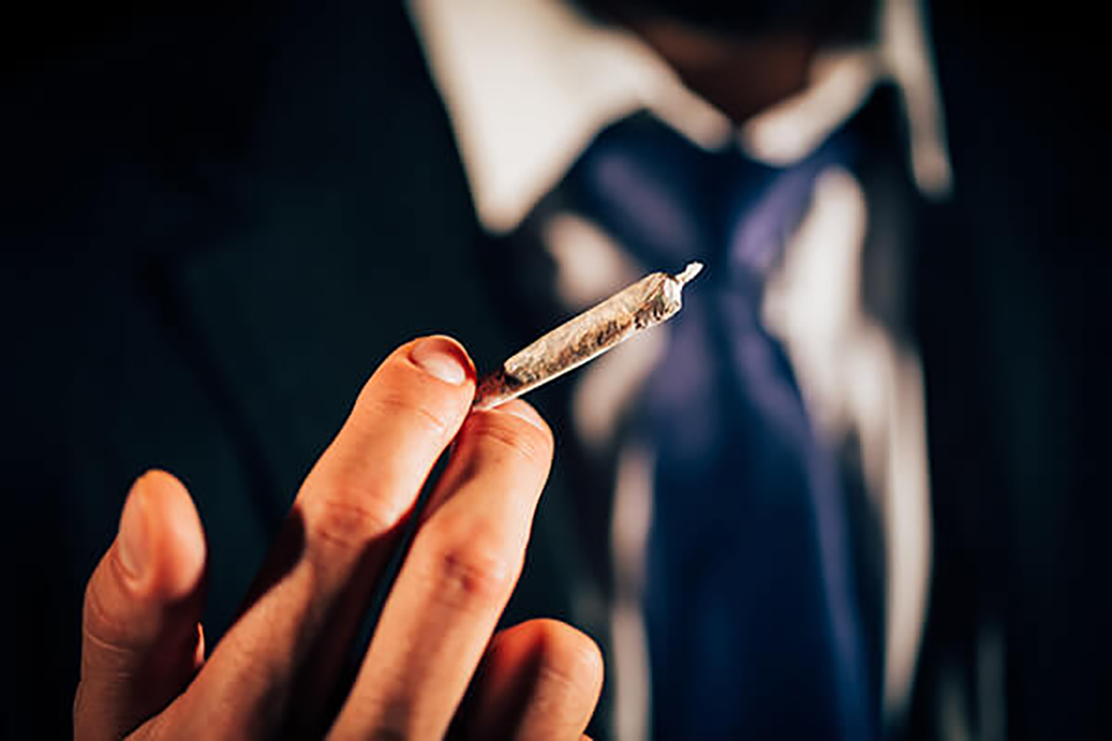
COMPETITION OR COLLABORATION?
It may be inevitable that alcohol will lose market share to cannabis. If more and more people find they prefer cannabis, that's down to personal taste. No amount of marketing will win back people who grow tired of alcohol's negative health impacts. There will, however, remain an overlap in the two markets. It is here where alcohol is more likely to retain consumers. A smarter strategy than competing with the cannabis industry may therefore be a sincere effort to collaborate with them. This would be a change in direction from alcohol lobbyists directly opposing cannabis legalization, demonstrating how far society has come in its attitudes toward cannabis.
The Wine and Spirits Wholesalers of America (WSWA) have already announced their support for legal cannabis. The companies they represent provide more than 80% of America's wholesale alcohol market. They have called on the federal government to recognise states' rights to regulate cannabis. This show of support is being surpassed by big alcohol players in Canada getting involved in its burgeoning cannabis market. Owners of brands like Molson, Coors, and Corona are investing in cannabis cultivators. Meanwhile, the international craft beer scene is seeing the rise of cannabis-infused craft beers. Projects like these are sensible for the alcohol and cannabis industries to collaborate on. There is potential to see more of this crossover in years to come.














